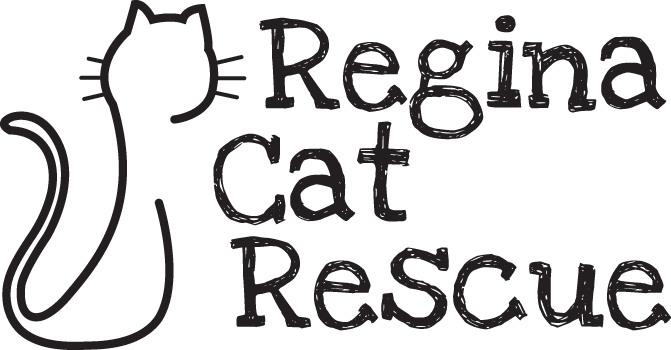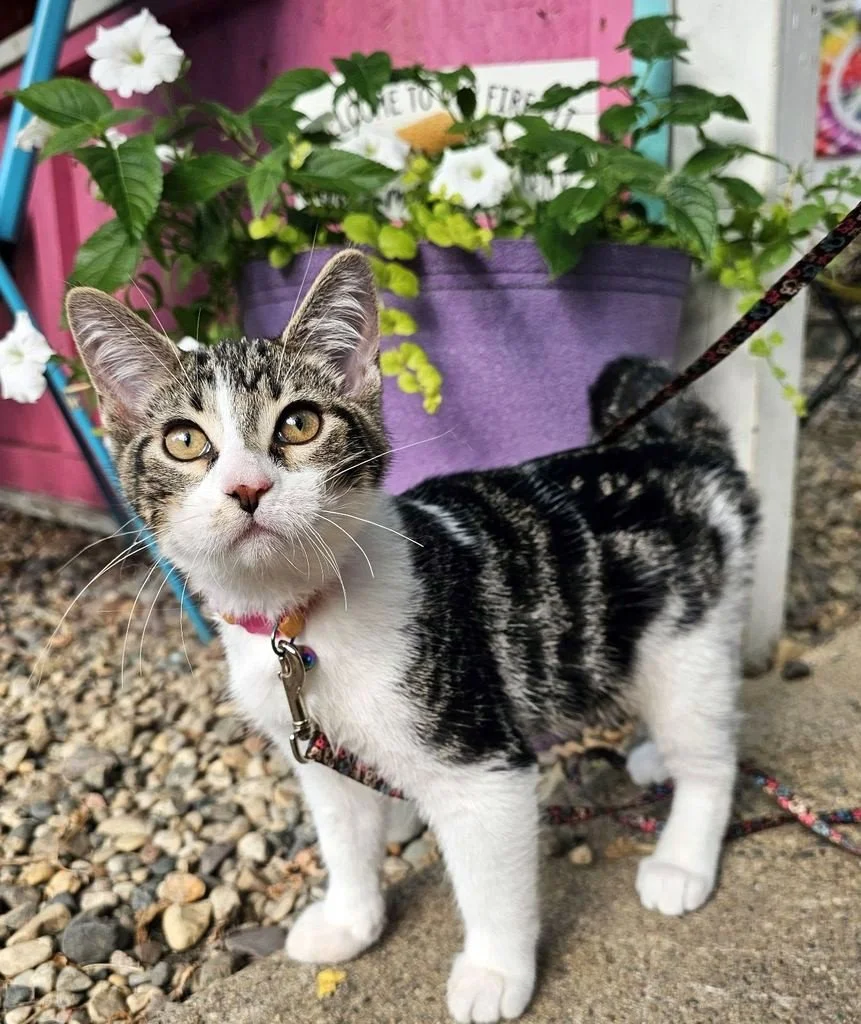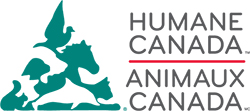Veterinary Authorization
/Revised February 2022
A. The volunteers who may authorize expenditures at vet clinics are the co-chairs of Pet Rescue, the co-chairs of the Community Cat Team and the Neo-Natal Coordinator.
Any estimate of treatment which is above $750 must be presented to the board of directors for a vote and decision before it can go ahead. For estimates in the range of $750 - $1,250, one board member (voting) and the Treasurer may make the determination. For all estimates $1,251 or greater, the full board will vote and make the determination.
The $750 amount does not include exam, vaccination, sterilization and associated costs but does include boarding and all expected ongoing treatments and tests.
B. No treatment can begin until the guidelines of this policy have been met.
C. In an emergency where an animal is in distress, basic measures should always be authorized to ensure the animal is comfortable while prognosis/treatment/authorization is determined. In an emergency where an animal is unduly suffering and further treatment would likely increase that suffering, then euthanasia should be considered and acted on without delay or consultation. Please see the Euthanasia Policy for more information.
D. If agreement cannot be found among the required number of directors, remaining options are: 1) a member or volunteer of the organization, or member of the public takes personal responsibility for the animal’s treatment and associated veterinary expenses, or 2) euthanasia is carried out.
The organizational finances and mandate must also be respected when making any such decision, as is covered in this policy.
Volunteers booking sterilizations or other treatment at veterinary clinics or at the Regina Humane Society must obtain authorization from one of the authorizing volunteers.
E. It is the responsibility of all volunteers to mitigate veterinary boarding costs. Veterinary boarding is to be considered only in emergency cases, when there is no other available placement option.










